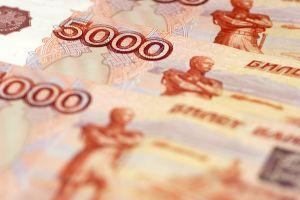Russian Lawyers Draw up Pro-Crypto Tax Plans
An influential group of Russian lawyers has drawn up a system for cryptocurrency taxation that involves granting property rights to holders of “all tokens” – and will be sending its suggestions to the lawmakers and regulators.

Per media outlet Kommersant, the Association of Lawyers of Russia has suggested a range of measures, which, if accepted, would not only give cryptocurrencies a legal footing in the country, but also provide tax breaks to those attempting to do business in cryptocurrencies.
The association’s membership includes former prime minister and justice minister Sergey Stepashin, and the Duma’s Constitutional Legislation Committee co-chair and former justice minister Pavel Krasheninnikov. The chairman of its board of trustees is the current prime minister, Dmitry Medvedev.
At a meeting in Moscow this week, the association made the following suggestions:
- Grant all types of tokens with property rights
- Grant tax breaks to miners
- Waive VAT on transactions conducted in cryptocurrencies
- Grant cryptocurrency tradings who have made a profit on their earnings a year’s grace in income tax filings
The association also suggested that the government could create a system for measuring the worth of cryptocurrencies by making use of the American dollar and bitcoin in calculations.
The body pointed out that most major cryptocurrency exchanges do not offer crypto-to-ruble pairings, so suggested that a court could assess any given token’s value by first checking its price against bitcoin, then converting this amount into USD, and then converting this into Russian rubles.
The lawyers said that their recommendations were based on best practice case studies from countries such as Germany and Singapore. It also claimed that accepting these proposals would help Moscow “standardize accounting rules” for cryptocurrencies, and help eliminate tax fraud.
The body says it will now finalize its recommendations for changes to the country’s existing Tax Code and send these to the Duma, the Ministry of Finance, the Federal Tax Service, the Central Bank and the Ministry of Digital Development, Communications and Mass Media.




